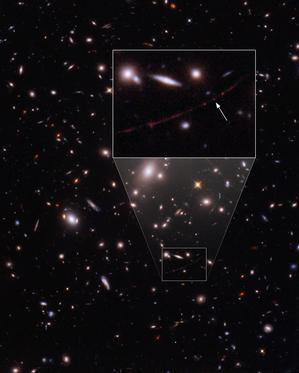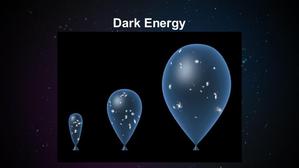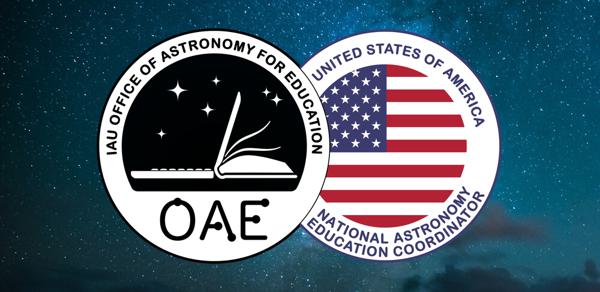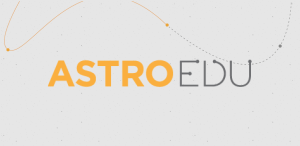Glossary term: 引力透镜
Description: 有质量的物体会使经过其引力影响范围附近的光线发生弯曲。爱因斯坦的广义相对论预言了这种效应,并在 1919 年日食期间首次被观测到,测量发现太阳附近几颗恒星发出的星光发生了弯曲。引力透镜作用在质量非常大的物体上最为明显,如星系或星系团。如果地球上的观测者正在观测一个光线被("透镜")弯曲的遥远天体,这个天体的成像会出现扭曲。这种扭曲总是意味着光线的(缩小)放大,通常能让我们更好地看到暗淡的背景天体。当透镜有足够的质量集中在一个小角度区域时,同一背景物体就会产生多个图像,每个图像的光线到达观察者的时间都不同。测量这些所谓的 "时间延迟 "是确定银河系外哈勃常数值的最佳方法之一。另一方面,来自透镜的多幅图像可以让我们利用建模分析精确地确定其质量。这是一种非常有用的方法,可以用来寻找星系的质量,特别是星系团的质量。
Related Terms:
See this term in other languages
Term and definition status: The original definition of this term in English have been approved by a research astronomer and a teacher The translation of this term and its definition is still awaiting approval
The OAE Multilingual Glossary is a project of the IAU Office of Astronomy for Education (OAE) in collaboration with the IAU Office of Astronomy Outreach (OAO). The terms and definitions were chosen, written and reviewed by a collective effort from the OAE, the OAE Centers and Nodes, the OAE National Astronomy Education Coordinators (NAECs) and other volunteers. You can find a full list of credits here. All glossary terms and their definitions are released under a Creative Commons CC BY-4.0 license and should be credited to "IAU OAE".
If you notice a factual or translation error in this glossary term or definition then please get in touch.
Related Media
引力透镜放大了一颗早期恒星
Credit: NASA, ESA, B. Welch (JHU), D. Coe (STScI), A. Pagan (STScI) credit link
License: CC-BY-4.0 Creative Commons 署名 4.0 国际 (CC BY 4.0) icons
Related Activities
Dark matter & dark energy (Part 2) – Understanding the nature of dark matter and dark energy
astroEDU educational activity (links to astroEDU website) Description: Let's investigate the nature of dark matter and energy with gravitational lensing!
License: CC-BY-4.0 Creative Commons 署名 4.0 国际 (CC BY 4.0) icons
Tags:
Experiment
, Invisible
Age Ranges:
12-14
, 14-16
, 16-19
, 19+
Education Level:
Informal
, Middle School
Areas of Learning:
Guided-discovery learning
, Interactive Lecture
, Modelling
, Problem-solving
Costs:
Medium Cost
Duration:
45 mins
Group Size:
Group
Skills:
Constructing explanations
, Developing and using models
, Engaging in argument from evidence










